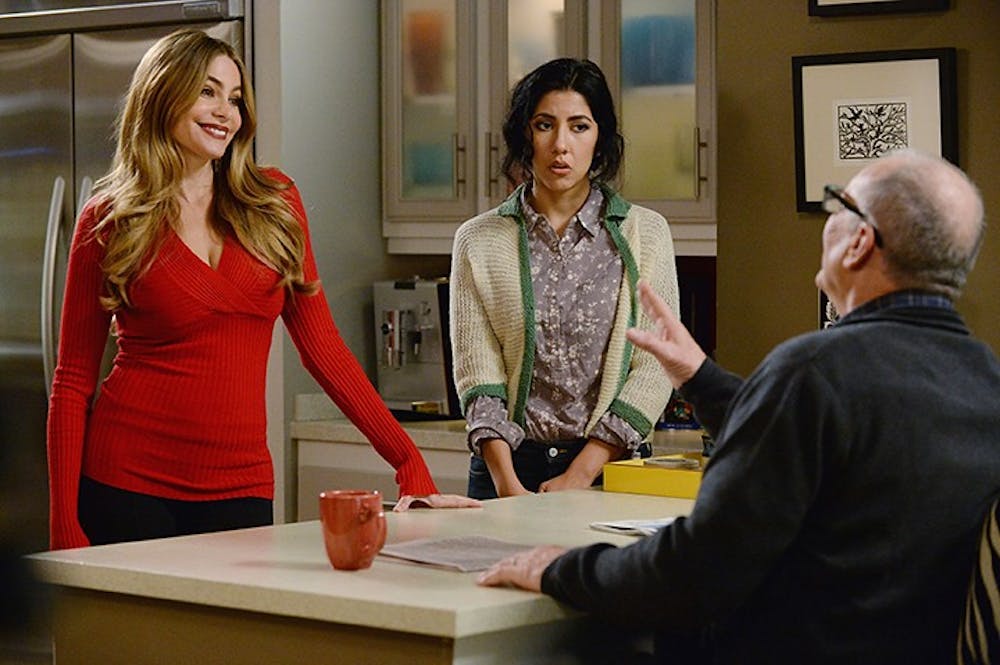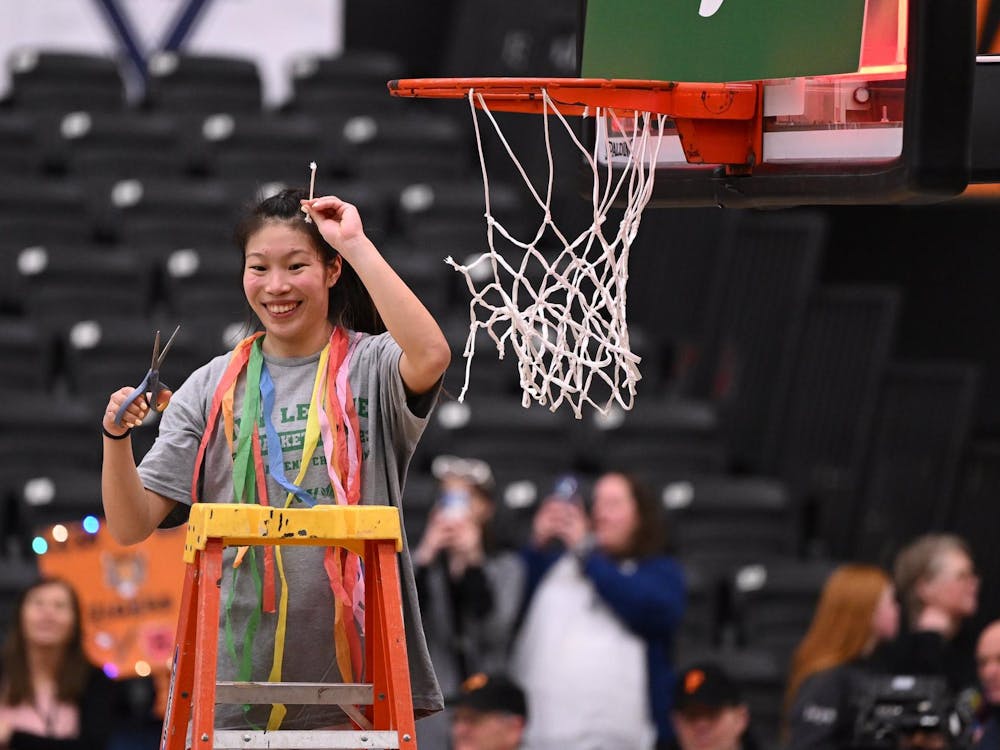It’s not unusual for someone to hide years’ worth of emotional baggage in the hopes that it magically disappears. After all, why confront it when they can distract themselves with the busyness of everyday life? However, sweeping various traumas under the rug can lead to tension with oneself.
I struggled with being different from my peers for most of my life, but it was particularly challenging in the fourth grade. I mean, it’s not everyday you meet an elementary school student like me who loves reading, writing, researching the cosmetics industry, watching Hanna-Barbera cartoons, and listening to R&B, ’80s, and ’90s music. Friendship with me was like a three-day free trial. Once my classmates discovered my eclecticism, they would leave me for someone “more normal.” These repeated patterns made me question if I would ever be good enough.
My classroom’s bathroom policy allowed for students to use the restroom up to three times a day, but my only escape from feelings of ostracization was leaving six times a day. Even if I didn’t genuinely need to use the bathroom, I would stay in there until the thoughts disappeared. I felt safe knowing that the onlooking stalls never judged me for being myself. My restroom trips eventually became so excessive that my spring parent-teacher conference was centered around them. I vividly remember crying, not from fearing that I’d get in trouble at home, but from lacking the necessary language to reveal how alone I felt in class. What if they don’t believe me because I’m only 10? What if they tell me I’m being a drama queen? What if they say I’m too young to have self esteem issues? So, I hid myself.
I knew that relying on the bathroom as a safe space was maladaptive in the long run, so I decided after that conversation to find a new one: the library (how fitting for me now as a prospective English major, right?). It was here that I invented Dee Designer: a student by day and a makeup artist for Maybelline by night. Her “lair” was downstairs in the library, where she would assign me weekly research projects about the cosmetics industry. Then, she would give me feedback while simultaneously fangirling with me over my favorite comics: “Garfield,” “Calvin & Hobbes,” and “Big Nate.” This was my excuse for going to the library every day except for Tuesday — the day I was assigned to go. Eventually, my classmates caught on. They made fun of me more than they did before, so I began to limit my library time. Less library time, alas, meant fewer getaways from thinking everything was wrong with me. So I hid myself some more.
So when my friend started showing me “Modern Family” to destress during the first few weeks of Princeton classes, not only did it make me laugh to the point of falling off the couch, but it also hit close to home.
The series centers around three types of families and their experiences living in Los Angeles, Calif. Jay Pritchett symbolizes the link connecting everyone. He has two adult children, Claire and Mitchell, with families of their own. During season 1, episode 5, Claire’s youngest (and only) son, Luke, lands into a fight with Jay’s stepson Manny at school, offended that Manny called Luke his nephew. Both sets of parents arrive in the principal’s office to resolve the conflict, but it is only after Jay slaps them on the necks to tell them to love each other because they’re family, that they are able to make up. The incident resurfaces during the family football game, when Luke reveals his mother called Jay’s second wife Gloria a gold digger — or, as he mistakenly calls it, a “coal digger” — during a heated argument, revealing Claire’s xenophobia. After all, Gloria entering the family does raise the question of why the younger, highly attractive woman would marry an older man like Jay.
However, the xenophobia stems from Jay, who forces Gloria to assimilate to his customs for his own self-gratification. Claire and her husband, Phil, subsequently have no choice but to agree with their dad’s/father-in-law’s views, as they fear being seen as disrespectful if they disagree. Humiliated, Gloria — like 10-year-old me — hides in her bedroom to determine what parts of her identity to conceal from her new family. After this, Claire acknowledges her prejudices by apologizing to Gloria. This is a great first step, but I believe the most obvious solution in 2022 would be to have asked about Gloria’s experiences as a Colombian woman. Given her background as an immigrant and manual laborer in her family's village, people in her country assumed she would not succeed. Against all odds, though, she was creating a better life for her son.
On the flip side, Claire should not expect her stepmother to teach the Dunphys everything. The Dunphys could educate themselves about the injustices the Hispanic community faces. They could correct themselves at home if one of the family members (yes, even stubborn-headed Jay) uses offensive language when referring to Gloria, Manny, or other Hispanic individuals they meet. But nothing would immerse everybody in Colombian culture more than actually participating in Gloria’s traditions, which would not only improve their family dynamic but also create a consistent habit of celebrating Gloria for who she really is.
During quarantine, I began thinking more deeply about why I’m so emotional, as over the years (not just in fourth grade) my tendency to panic, back talk, and cry has gotten me into trouble. Little did I know that, in analyzing my own mental processes, I’d be forced to confront these same feelings of sadness, anger, and isolation I’ve repressed for years.
At the same time, it has been so rewarding.
The old me, my feelings invalidated for so long, would have used my work ethic to mask my insecurities, lest I became the “angry, Black woman”: a stereotype characterizing African American women as more hostile and aggressive than white women. I am now letting myself fully process and manage my emotions, something I never learned was a valuable life skill until my senior year of high school. And in my social justice, racial justice, and mental health advocacy, it remains a priority for me to foster safe spaces — like the ones I tried but failed to maintain in fourth grade — where friends, relatives, and educators can open up about feeling out of place, especially as members of historically excluded groups.
I am no longer afraid of showing up authentically to school either. Compared to fourth grade, I can genuinely say I am a lot happier with myself. I didn’t need to invent a fictional character to feel accepted; I just needed to share my passions and practice self-love to attract friends who celebrate every part of me, not just the parts they deem “more normal.” And you know what? My writing is stronger because of it. My relationships with my family and friends are stronger because of it. My connection with my new role model, Gloria Delgado Pritchett, is stronger because of it. But most importantly, the new, authentic me is stronger because of it.

Avery Danae Williams is a Contributing Writer for The Prospect at the ‘Prince’ and a prospective English concentrator, with minors in Creative Writing (Poetry), African American Studies, and Gender & Sexuality Studies. She can be reached at aw4174@princeton.edu or on Instagram @averydanaewrites.








